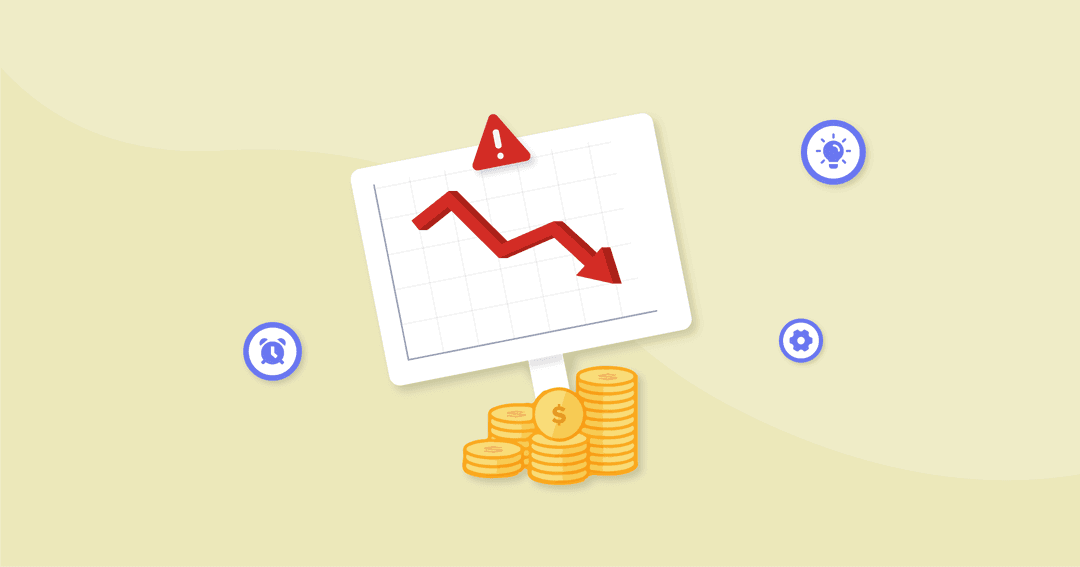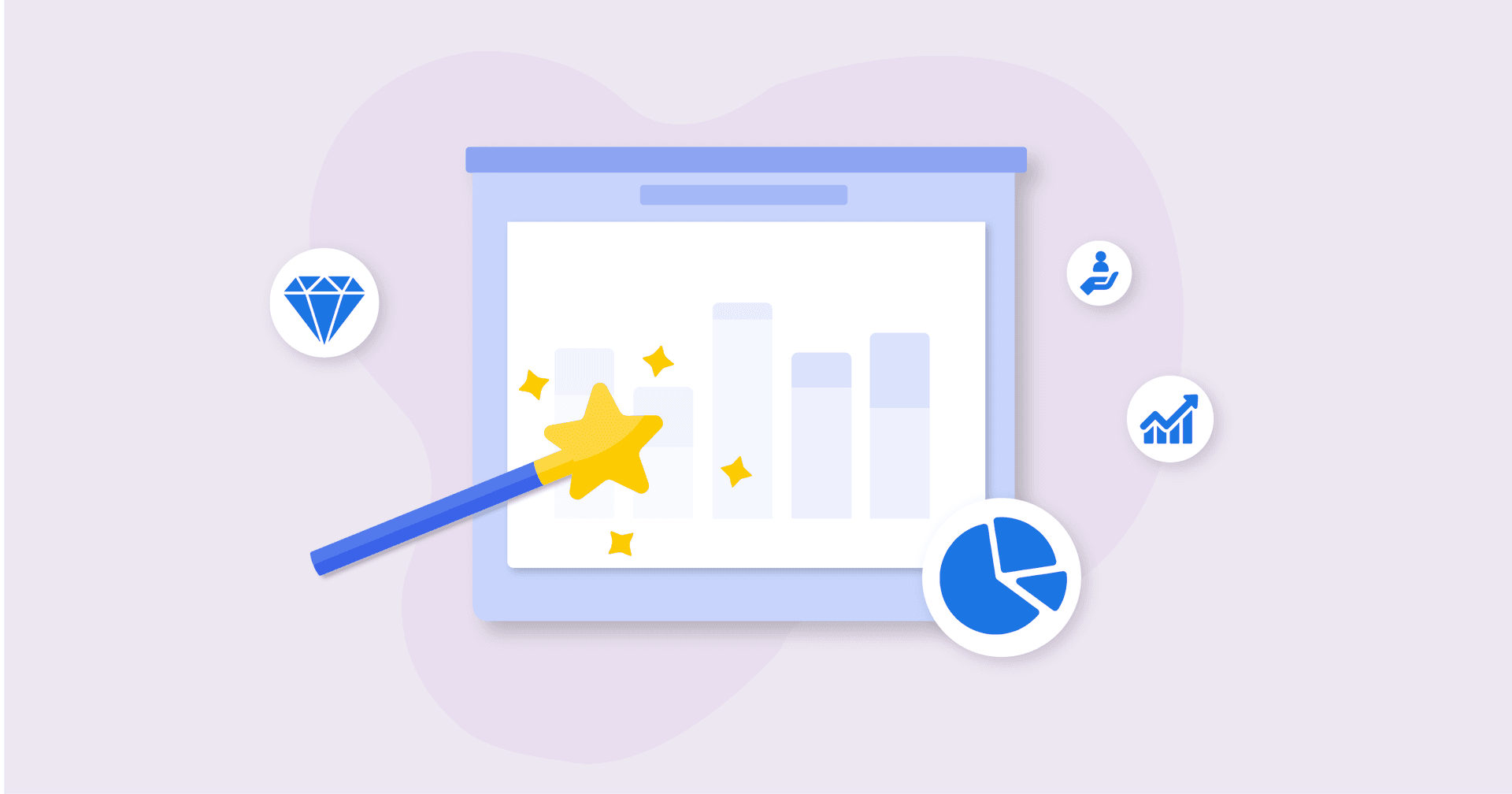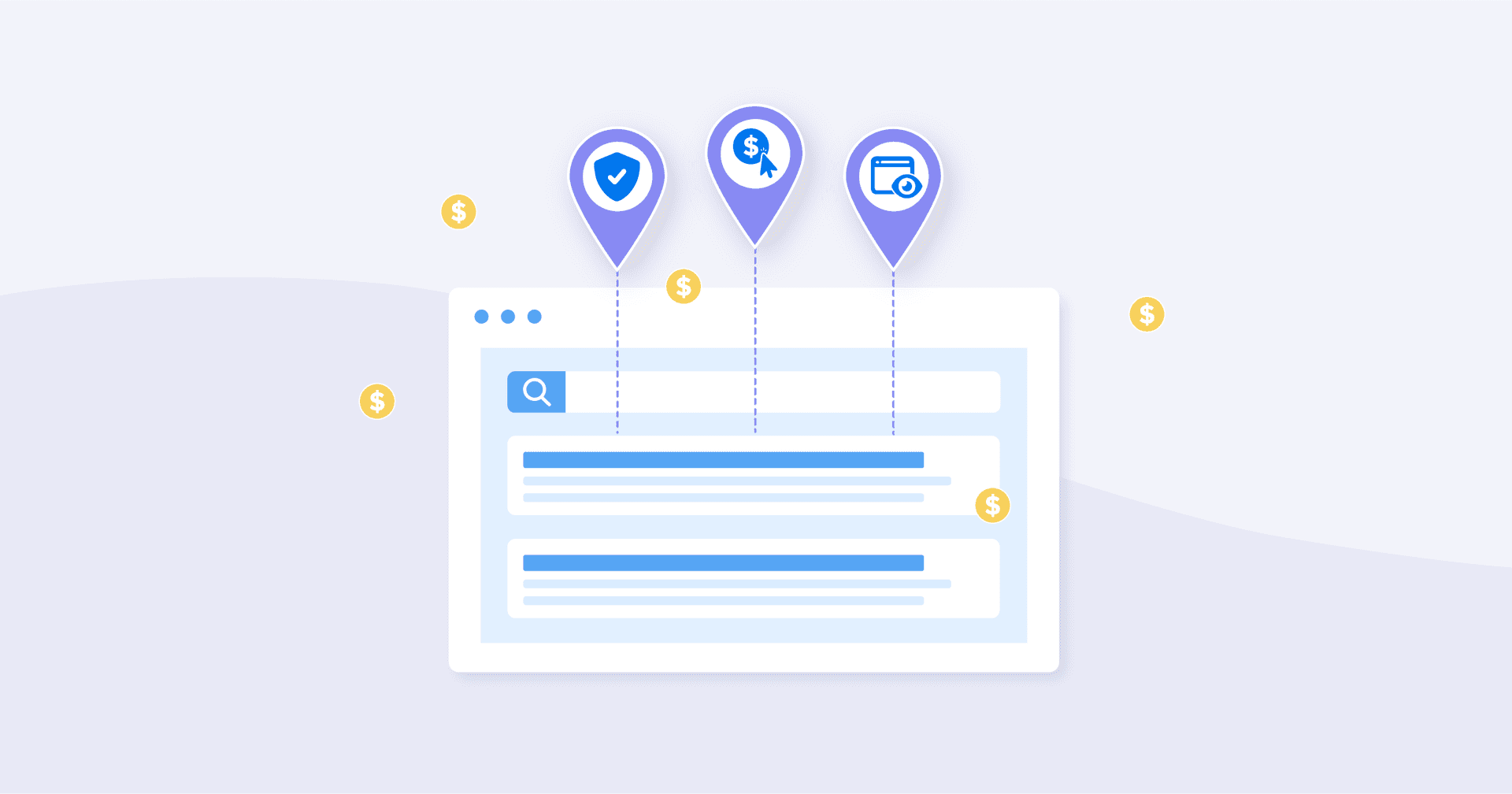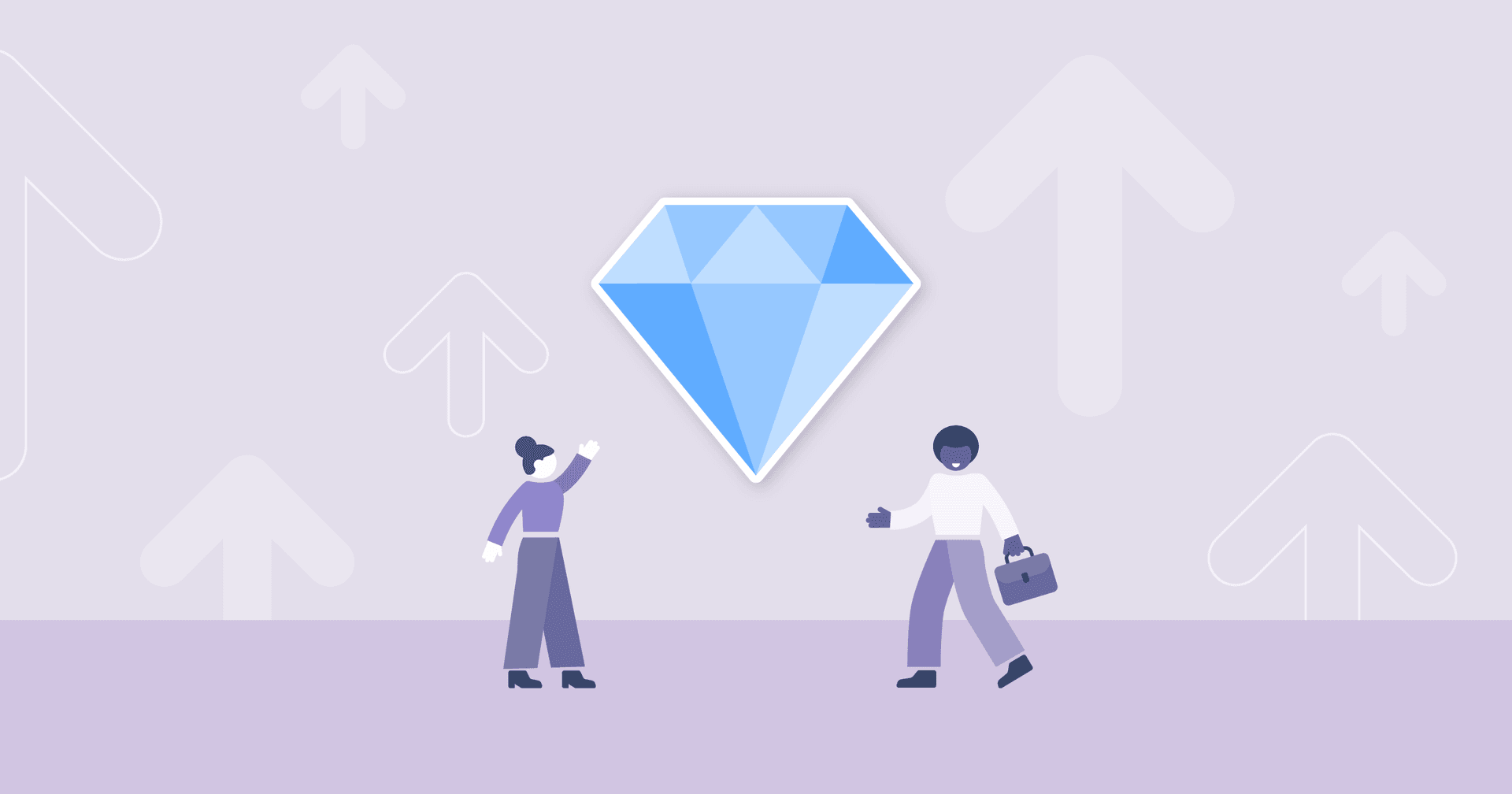Table of Contents
QUICK SUMMARY:
Productivity killers are activities or habits that hinder efficiency and productivity in the workplace. In marketing agencies, these include multitasking, manual reporting, and unnecessary meetings. Recognizing and avoiding these productivity killers helps improve efficiency, boost morale, and enhance client satisfaction. This article covers the top five productivity killers and provides strategies to eliminate them.
In today's fast-paced world, we're often bombarded with an overload of information and constant stimulation. From scrolling social media apps to the background noises of podcasts, we've all become experts in multitasking.
But when does multitasking cross the line between being productive and becoming one of the detrimental productivity killers?
Studies have shown that multitaskers experience a cognitive efficiency loss of 5% to 15% every time they switch between tasks. Multitasking has long been praised as a skill, but only a mere 2.5% of individuals can effectively juggle multiple tasks simultaneously.
Now multitasking has become a productivity killer, negatively impacting overall productivity levels at your marketing agency.
Avoid these top productivity killers to gain back ultimate efficiency, boost employee morale, and continue focusing on delivering exceptional work that retains (and attracts) clients.
What Does It Mean To Be Productive?
Being productive doesn't only mean working more in less time. It also means having a healthy work-life balance, higher job satisfaction, less stress, and less probability of getting the famous burnout syndrome.
The problem with productivity killers is that they're really sneaky. If you think that you'll find texting, browsing through Twitter, checking any social profile, or chatting with colleagues at a water cooler among productivity killers, you're wrong.
Although one could think that these are the worst time-wasters, many people think that these relaxing breaks enhance their productivity.
Top 5 Productivity Killers Plaging Marketing Agencies
So which tasks are our worst marketing productivity enemies? Let's see if your agency identifies with these top productivity killers.
Productivity Killer #1: Constant Multitasking
As mentioned above, constant multitasking is a main productivity killer that affects most agencies. The problem with multitasking is that it gives the illusion of being busy, but it doesn't help to get your work done.
Why?
Let's check the definition of multitasking: Multitasking refers to the ability of a computer to apparently process several tasks, or computer jobs, concurrently. The term has since been applied to human tasks.
The problem with multitasking is that a machine can do several tasks at once or switch from one task to another without losing time. Humans can't. Every time you start your task, you need about 15 or 30 minutes to concentrate on that task again fully.
So is it productive to switch between tasks? Not really. Is it an agency productivity killer? Most likely.
Another problem is work interruptions like personal calls, meetings, or co-workers asking for help.
How to deal with it?
Shut the door, and inform your co-workers that you don't accept calls and meeting requests. Use communication tools that don't require an instant reply. Plan your day so you don't have to switch from task to task. Use one of the productivity techniques. You'll see the results quickly!
Productivity Killer #2: Unorganized Work Priorities
Next up on the agency productivity killer list is, you guessed it, being disorganized. In order to be productive, your agency, and its employees must be organized. Plan your weekly tasks in advance to avoid wasting time recalling your tasks and start working on them instead.
Here's how to organize your agency teams' highest priorities:
Write down all tasks that need to be performed this week (it can be a to-do list, you can use Wunderlist or Todoist, for example)
Remove tasks your team is not able to do now
Write down all client deadlines so you don't miss any
Assign tasks: everyone on your team should know who's responsible for which deliverable
Add priorities to each of your team's tasks (take deadlines and workload under consideration to determine the highest priority)
Review your list
When put in a list, avoiding this productivity killer sounds very simple, right?
But that's not all. During your weekdays, you should add ongoing tasks to your team's list as well. We also highly recommend adding information about who you have emailed and when you should send a follow-up.
Why? Because if you email many people, you might not remember when it's time to send another email. Sometimes it's good to open your weekly planner and see that today you should send a couple of follow-ups.
The good thing about this method is that instead of recalling stuff your teams have to do, they can actually do them.
Agency Tip: Search for deadline management tips to find practical solutions that will work best for your team. For example, implementing project management software with AI capabilities to streamline redundant tasks.
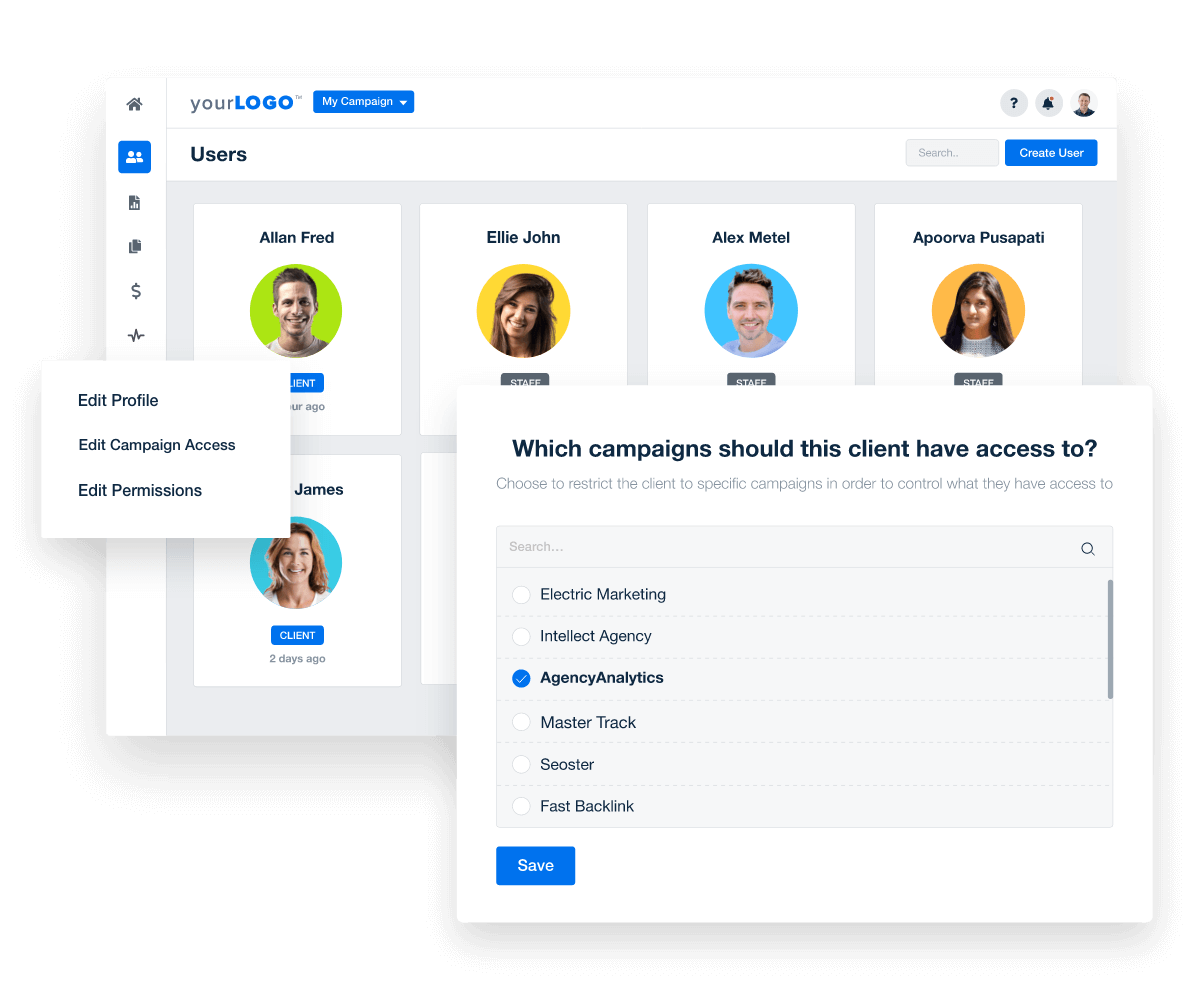
Manage your entire agency, track marketing campaigns, and communicate with clients all within the AgencyAnalytics platform. Start your 14-day free trial to maximize your agency’s productivity like never before.
Productivity Killer #3: Unproductive Meetings
Let's be honest: most meetings are a complete waste of time, could have been a quick phone call, and usually tend to be a major productivity killer.
Of course, we're not talking about these meetings where a couple of team members talk about their strategy, plans, or what they do. We're rather talking about high-level meetings where team members receive a meeting invitation, join about a dozen people sitting in a room, only to learn you have no idea what particular people are talking about. Talk about a productivity killer!
You end up in a meeting discussing abstract concepts, getting a small amount of information, not being sure what's the goal of this meeting, and listening to that guy who always has something to say, even if it's irrelevant to the rest.
Another problem is that meetings are typically scheduled to last for 30 minutes or an hour. It means that even if it takes 10 minutes to accomplish the meeting's goal, the meeting will probably last 30 minutes anyway.
That's not all. Here's how Jason Fried and Davin Heinemeier described the problem with meetings in their brilliant book, ReWork:
When you think about it, the true cost of meetings is staggering. Let's say you're going to schedule a meeting that lasts one hour, and you invite ten people to attend. That's actually a ten-hour meeting, not a one-hour meeting. You're trading ten hours of productivity for a one hour of meeting time.
How can you avoid unnecessary meetings (aka, hidden productivity killers)?
Set a timer. When it rings, the meeting is over,
Invite as few people as possible,
Discuss the specific problem,
End with a solution and make someone responsible for implementing it.
Read more on which manager meetings you should implement within your agency.
Productivity Killer #4: Working In Distracting Environments
Distractions are another one of the top productivity killers for your marketing agency's success.
If you're managing a remote marketing team, you understand that workplace distractions come in all shapes, sizes, and noise levels. Just because you're not in a noisy office, it's still very difficult to avoid distractions that are taking you away from completing productive work.
However, distractions will also be present if your marketing agency works together in a physical office location. And that's a hidden productivity killer that's right under your nose. For example, maybe you need to spend an afternoon with a few team members to de-clutter the office space. If boxes, paperwork, and other miscellaneous items are piling up, it can potentially affect anxiety levels, sleep, and ability to focus.
This doesn't mean the most apparent problems like cubicles, uncomfortable chairs, or an ugly and boring office design (it's hopefully a relict of the past).
The first type of productivity killer here is an open space. Many agencies work this way to make sure that employees are integrated and up to date with ongoing projects, and that's a plus for workplace culture.
However, when you're working in a big hall with other people, it quickly becomes difficult to limit distractions, and you rarely have the opportunity to focus and get tasks done quickly. There will always be someone who talks, walks around, laughs, or interrupts you, asking for help.
Sure, some people will be able to be productive in such an environment, but most of them won't (86% of employees prefer to work alone to achieve maximum productivity).
Here are three strategies to limit distractions at your marketing agency:
1. If you're getting signals from your employees that it's too loud, you'll have to ask people to turn their volume down. But we wouldn't recommend asking them to be quiet at all times. The best way of doing that is to set up a quiet time rule, for example, between 10 a.m. and 2 p.m.
2. Create a dedicated silent room (possibly a conference room) where people don't talk, don't laugh, don't eat, but sit in silence and work. It should be a room that limits interruptions and be available to everyone who needs to be alone or among other focused people.
3. If possible, try implementing a 4-day workweek with flexible work hours for your team. This involves a bit of restructuring, but with proper planning, you'll reduce the number of working hours while increasing productivity.

Productivity Killer #5: Burnout From a Lack of Vacation
If you find yourself thinking about a problem and you're stuck trying to find a solution, your brain likely needs a break. And the same goes for your team.
We can compare a brain to a muscle that needs to rest after a workout. Your brain needs to take a break after focusing on one task for a longer time. It also needs time to process new information.
This is how our brain works, according to Psychology Today:
The frontal lobe brain network is responsible for reasoning, planning, decision-making, and judgment work for you in creative ways when the brain is quiet, not while you are effortfully trying to find a solution to a problem. Moments of insight increase as the brain unwinds. Why? When not actively tackling a task, the brain connects random ideas and consolidates these with prior knowledge into exciting new thoughts, ideas, directions, and potential solutions.
There is one solution to this productivity killer: take breaks during the workday, don't leave late, don't work on weekends, and take your holiday.
Did you know that 68% of Americans say they're working on their holidays? To avoid this, be sure to set your team up for success and delegate responsibilities to your leadership team.
So, if you want the level of your productivity to go up, remember to recharge your brain!
Hack Your Agency's Productivity End All Productivity Killers
Working at a marketing agency is a demanding job. And hidden productivity killers will prevent you from scaling your operations and keeping top talent.
Your agency deals with customers, sends pitches, looks for solutions, works on projects, and close deals. It's a dynamic environment where everything changes quickly, so focusing and concentrating on your tasks might be hard.
Eliminating top productivity killers helps you and your team spend more time on growing the business. Remember, the little things you put into place will add up to big productivity gains over time.
Effortlessly communicate with clients and ramp up your efforts to gain new ones instead of draining your resources on repetitive tasks like manual reporting.

Work smarter, not harder. Automatically track and report your clients’ marketing metrics from a single platform. Start your free 14-day trial today.

Written by
See how 7,000+ marketing agencies help clients win
Free 14-day trial. No credit card required.



